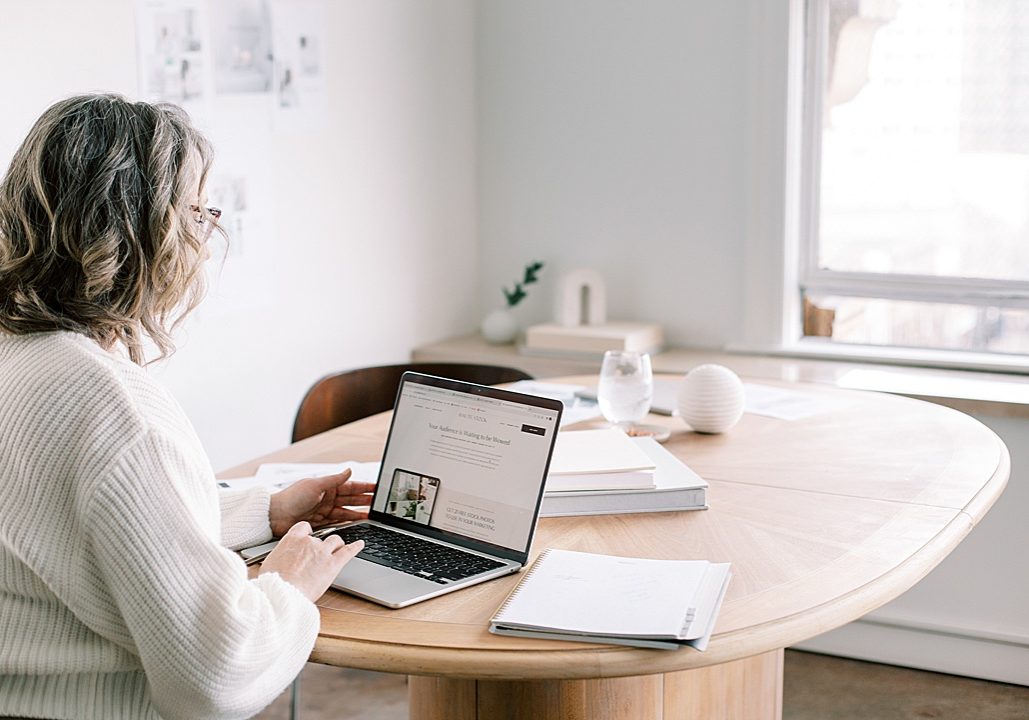My calendar is open while the new site is in progress. Book a call today and we will get to work on the strategies, tracking, and systems that will help you reach your next milestone.
Need a Marketing Fix, Now?
What's Next at Mountainside Media
You'll see streamlined services, new tools, and proven strategies. You'll also get real client stories and human-built and battle-tested resources designed to keep working long after your campaign launch day.

Our Work Has Evolved
Over the past few years we have refined how we work with clients, focusing on strategies that create measurable growth and building systems that sustain it.
We have also integrated new technologies like AI, tracked emerging trends to connect with the next generation of buyers, and streamlined delivery with full stack automations that put those insights to work.
The new site will show you exactly how we can work together, from the first conversation through long-term results. You will see clear service options, the tools and resources we use, and how we make marketing easier to manage and easier to measure.
Here's Just Some of What's Coming
Here’s what you’ll find when the new site goes live:
- Clear service paths that match where you are now and guide you to your next stage of growth
Practical resources you can use immediately to improve results
Simple tools to see what is working and focus on the activities that matter most
Straightforward ways to work together whether you need a focused diagnostic or an ongoing partner
Real client stories and proven strategies that continue to perform long after launch day

Get the Good Stuff First.
While the new site is in the works, our email list is where you’ll find the most useful updates. Subscribe for practical marketing tips, exclusive discounts, and a first look at upcoming events. You’ll also get early access before we share them anywhere else.
Can't Wait? No Problem!
You don't have to wait for the new site to go live to get the results you need now.
Marketing Scorecard sessions, VIP Days, and custom retainers are still available for business owners who want clarity and momentum now.
If you're ready to get better marketing performance with systems that deliver measurable results, let’s talk.


Follow Along For Even More Tips and Insights
Follow along on LinkedIn, Instagram, and YouTube for updates and ideas you can apply to your own marketing right away.
